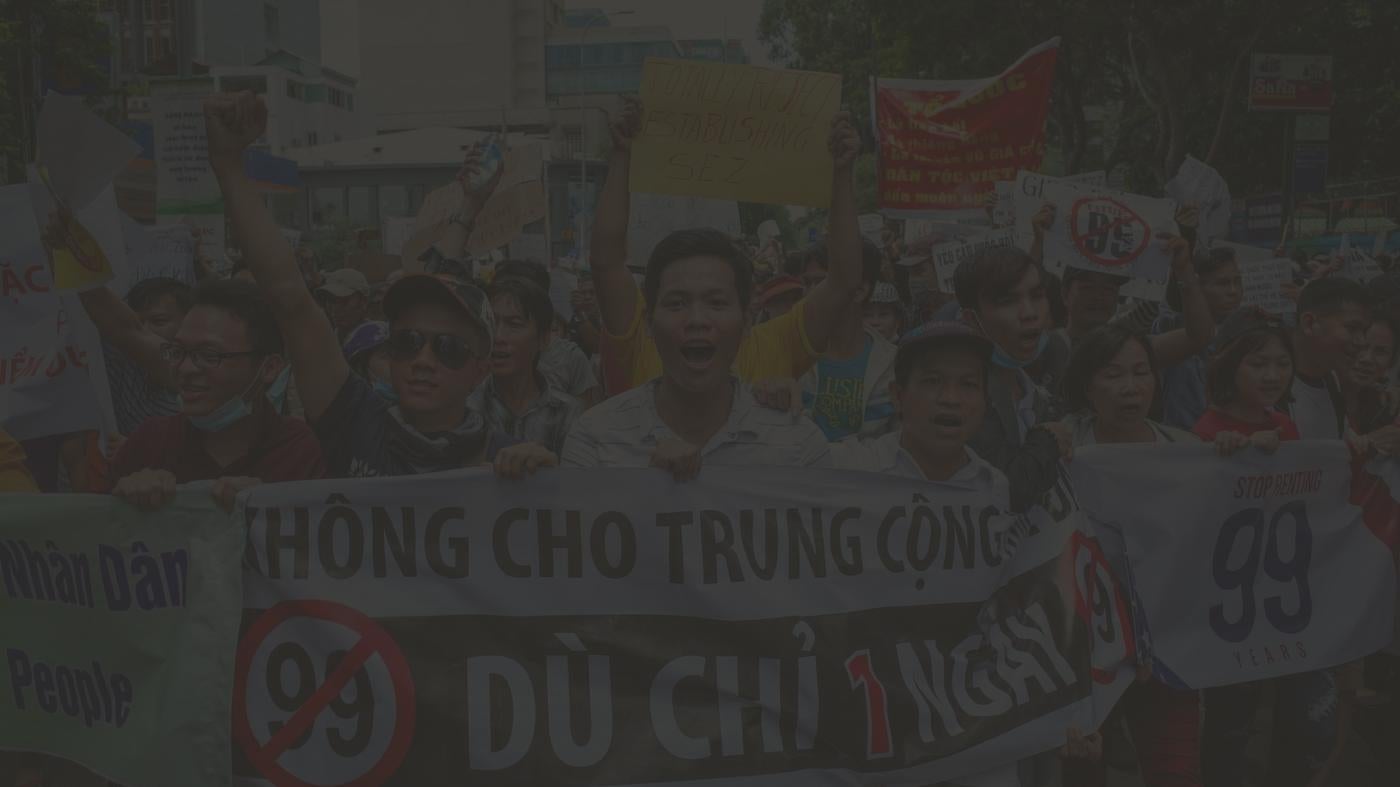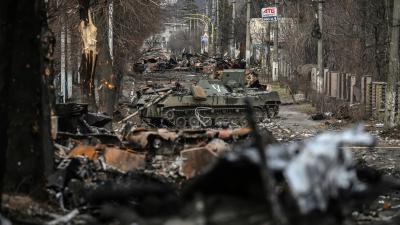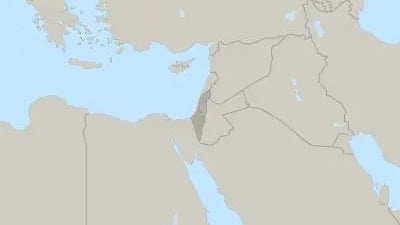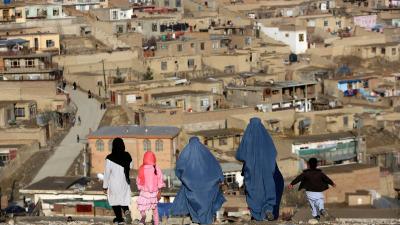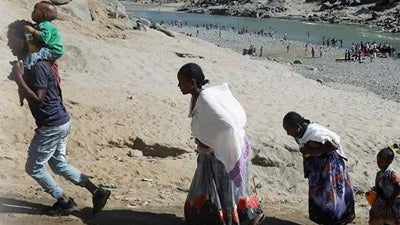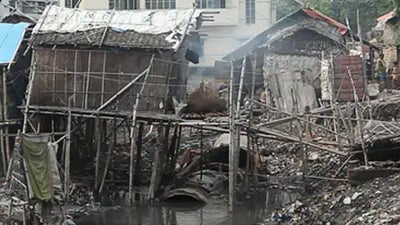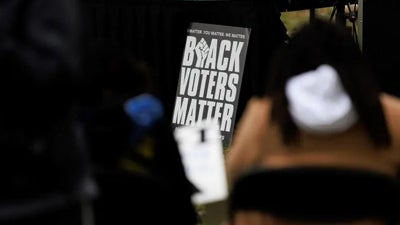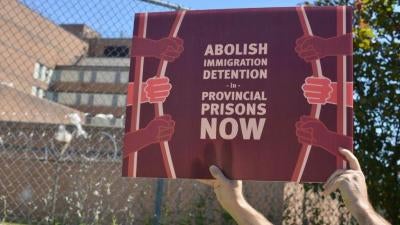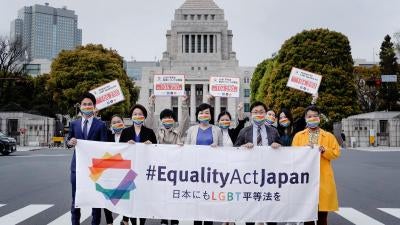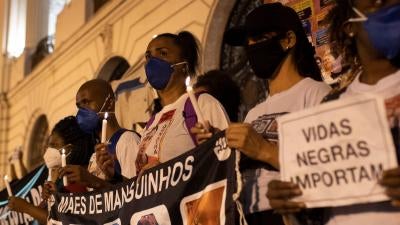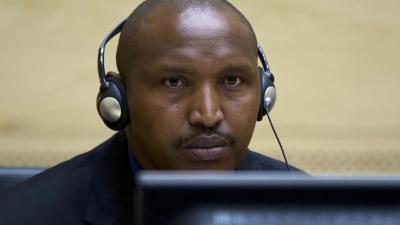About Us

Who We Are
What We Do
Investigate: Our researchers work in the field in 100 some countries, uncovering facts that create an undeniable record of human rights abuses.
Expose: We tell the stories of what we found, sharing them with millions of social media and online followers each day. News media often report on our investigations, furthering our reach.
Change: We meet with governments, the United Nations, rebel groups, corporations, and others to see that policy is changed, laws are enforced, and justice is served.
We work on some of the world's biggest crises, such as:
Our Story
Human Rights Watch was founded in 1978 as “Helsinki Watch,” when we began investigating rights abuses in countries that signed the Helsinki Accords, most notably those behind the Iron Curtain. Since then, our work has expanded to five continents. We investigated massacres and even genocides, along with government take-overs of media and the baseless arrests of activists and political opposition figures. At the same time, we expanded our work to address abuses against those likely to face discrimination, including women, LGBT people, and people with disabilities. When families victimized by war crimes found no justice at home, we championed international justice and international courts. While we rely on in-person interviews, our research methods have also changed with the times, and today we use satellite imagery to track the destruction of villages and city blocks, and we mine big data for patterns in arrest rates or the deportation of immigrants. Everything we do circles back to our commitment to justice, dignity, compassion, and equality.
Read our full history here
How we conduct our research

What We Have Achieved
When it comes to ending abuses and bringing perpetrators to justice, some victories are big, and others are merely steps on a much longer journey to change. But each represents progress on the many issues we work on around the world.
Here are some examples of our impact:
